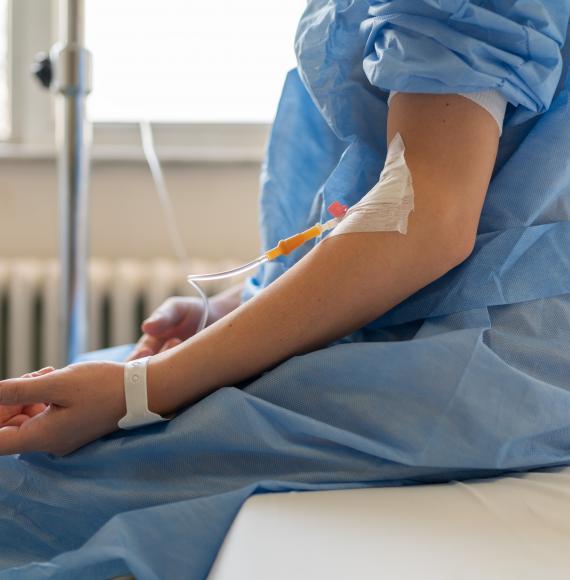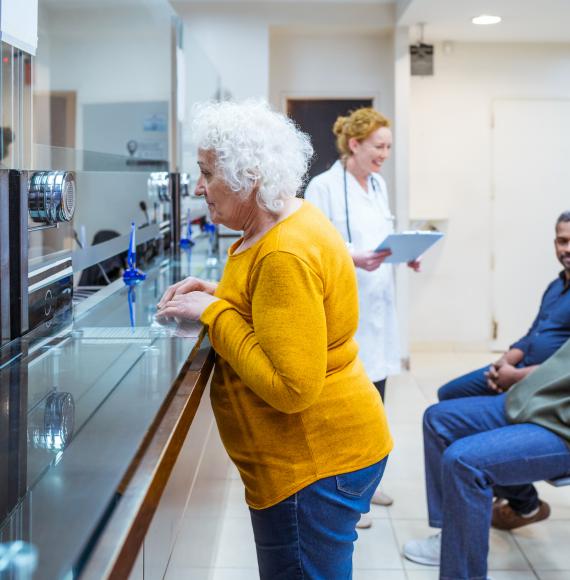University Hospitals Coventry and Warwickshire (UHCW) NHS Trust have launched a ground-breaking trial that has the potential to “revolutionise” the diagnosis and treatment of skin cancer.
The study will trial a one-of-a-kind ‘skinometer’ that identifies how far cancers have spread under the skin – the skinometer works by producing terahertz waves that bounce off the skin and allow clinicians to see how far the cancer has spread under the skin by analysing the waveforms of the reflected light.
It is thought that this will give health professionals the information they need to drastically cut down operating times, which would improve the patient experience, balance workforce workload and boost overall health outcomes.
Professor Joe Hardwicke, UHCW skin cancer surgeon, said: "Some skin cancers can be below the skin that we can't actually see, so when we do remove them surgically, occasionally a little bit can be left behind. The hope with this technology is that we can be more accurate in our surgery and remove more of the cancers on the first occasion.”
The new technology will also determine the moisture levels in the skin and how it reacts to different moisturisers, ultimately informing the design and development of more effective sun creams – additionally, the study could help staff assess how effectively the NHS treats dry skin conditions like psoriasis.
Professor Emma MacPherson from the University of Warwick, who helped develop the skinometer, said: “Skin cancer rates have increased rapidly in the UK, with more than 16,000 new cases every year.
“As well as helping prevention by aiding sunscreen development, the new skinometer will speed up the treatment pathway, achieving better outcomes, reducing patient stress and making more effective use of NHS resources.
“It could potentially enter clinical use within five years and, beyond that timeframe, could eventually become a feature of GP surgeries. My vision is that ultimately the technology can also be extended to benefit detection of a variety of different cancers such as breast and colon cancers.”
The Engineering and Physical Sciences Research Council, which is part of UK Research and Innovation, provided £653,000 of funding for this project, with additional support also coming from Cancer Research UK.



















